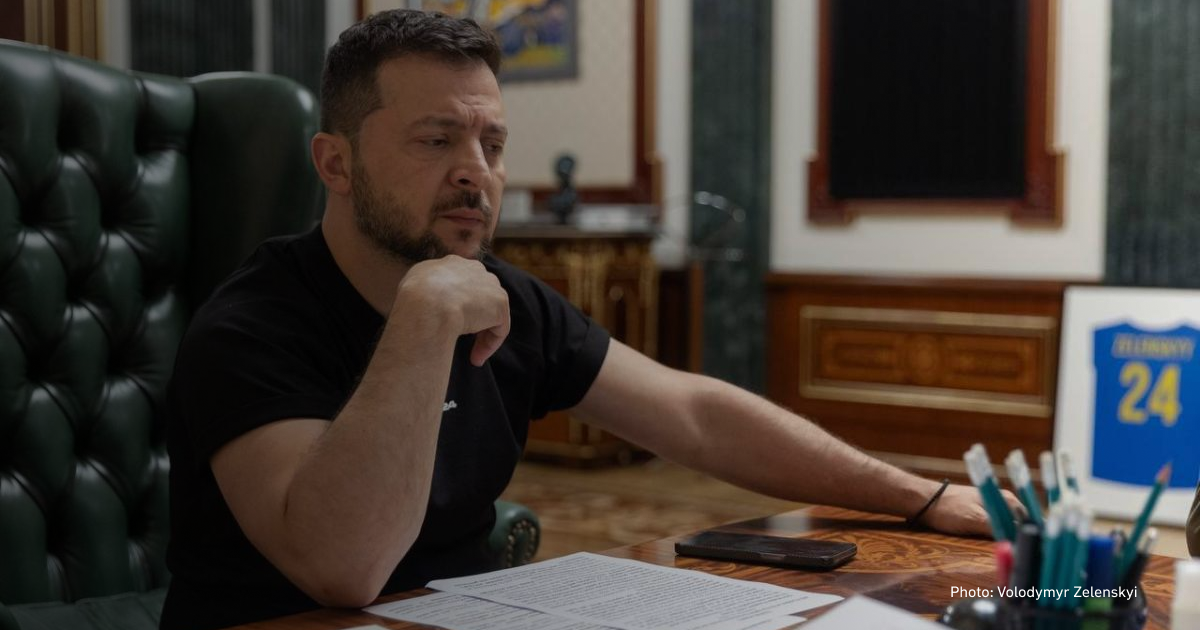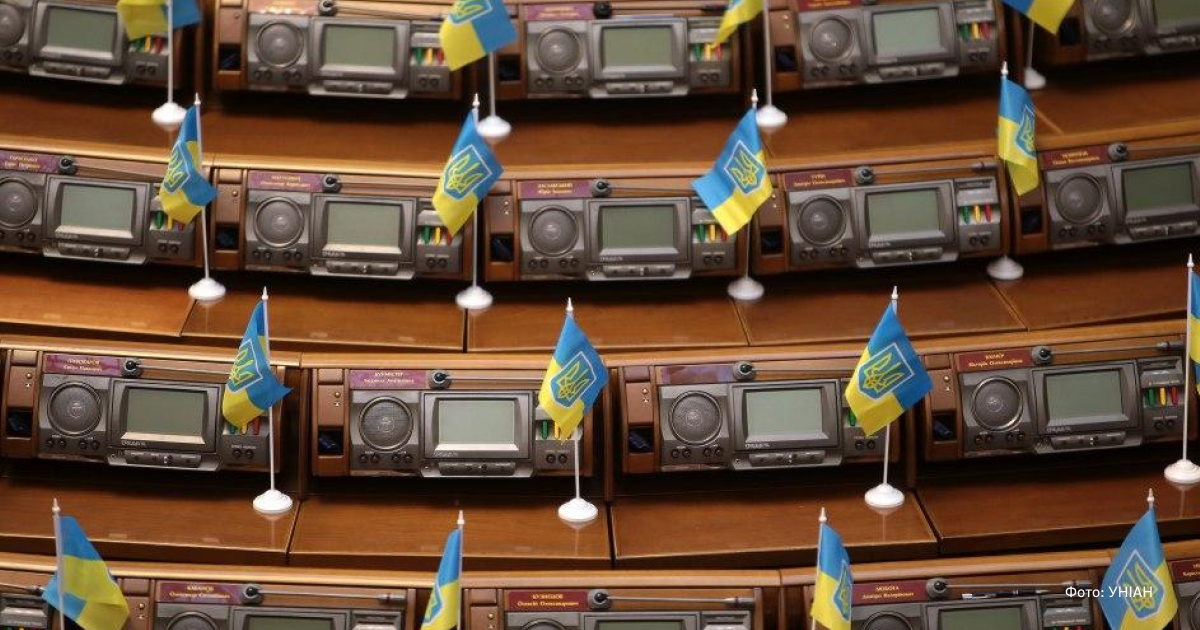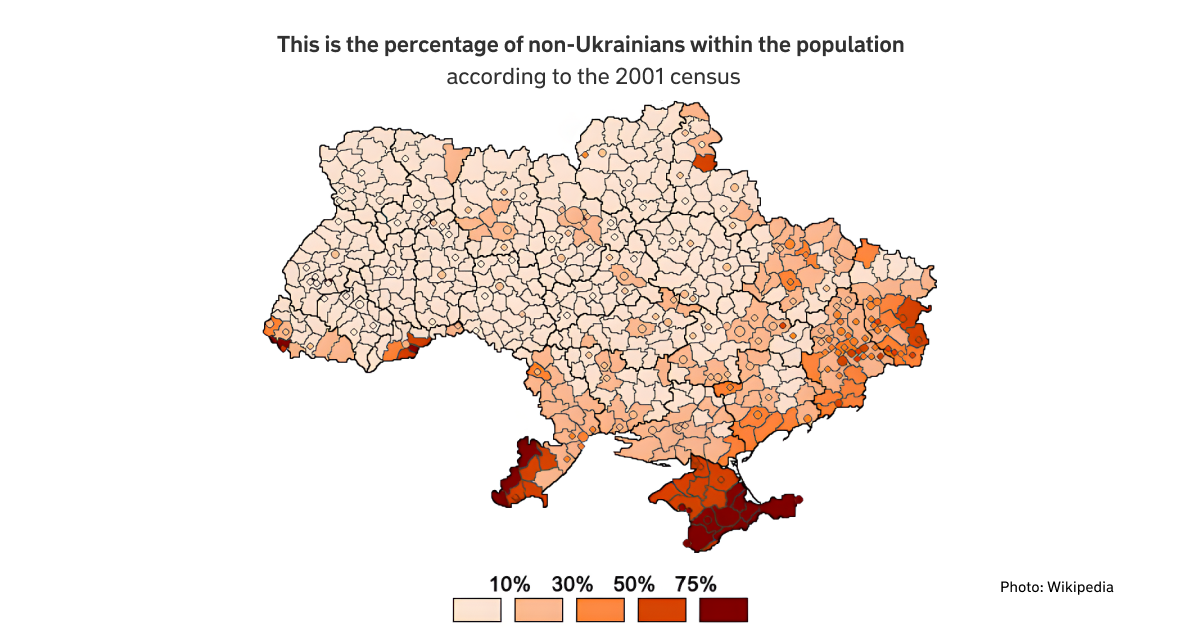Zelenskyy signs law on national communities in Ukraine. Why? And what is it about?

What has happened?
The President of Ukraine has signed the draft law "On National Minorities (Communities) of Ukraine".
Volodymyr Zelenskyy announced this in his evening address.
The law's signing is among the seven requirements for Ukraine's European integration.
Additional guarantees for national communities in Ukraine, additional guarantees for our movement to the European Union. We continue to work on implementing the recommendations of the European Commission,
Zelenskyу said.
It will be recalled that the Verkhovna Rada adopted the law "On National Minorities (Communities) of Ukraine" at the end of 2022. On September 21, 2023, parliamentarians voted to amend the law, as recommended by the Venice Commission.
Among the recommendations:
- the right to organise events in the languages of the communities;
- cancellation of mandatory translation of information about public events into Ukrainian;
- establishing criteria for the use of languages;
- state support for endangered languages.
The Cabinet of Ministers approved the Unity in Diversity programme until 2034. The programme aims to create sustainable institutional conditions at the national and regional levels to meet the needs and exercise the rights of national communities and indigenous peoples.

During a visit to Kyiv on 4 November 2023, European Commission President Ursula von der Leyen noted Ukraine's progress in implementing reforms.
The EU is impressed by the reforms you are implementing amid war,
Ursula von der Leyen said.
What does the law say?
The document defines a national community as citizens of Ukraine who are not ethnic Ukrainians but are united by cultural, historical, linguistic and/or religious characteristics, the law says.
In addition, the Cabinet of Ministers has fixed a list of settlements where they live or where national communities make up a significant part of the population.
Language Issue
National communities have the right to hold public events, distribute advertising, create media, receive emergency assistance, and study in private schools in their own language. The state is obliged to provide them with textbooks.
They have the right to form public associations and establish advisory bodies at local governments, whose activities will be funded from the state budget.
How does the law regulate the use of the Russian language?
The law temporarily restricts the rights of communities that identify themselves as belonging to an aggressor or terrorist country.
The Verkhovna Rada recognised Russia as an aggressor state in 2015 and a terrorist state in 2022.
Their rights are restricted until the Verkhovna Rada cancels this status and for five years afterwards.
The language rights of the Russian community are restricted during martial law and for another six months after it ends.
National communities in Ukraine. What is the population census data?
According to the law, everyone has the right to self-identification. No documentary evidence is required for this.
The 2001 census is the first and so far the only official documentary evidence of the composition of Ukraine since 1991.

At that time, the country was home to 8.3 million Russians, 275,800 Belarusians, more than 250,000 Moldovans, 204,600 Bulgarians, 156,600 Hungarians, 151,000 Romanians and 144,100 Poles.
Other ethnic communities include Jews, Armenians, Greeks, Tatars and Roma.
Although the data is imprecise, it gives an indication of which national communities will be voting to support Ukraine in civic activities.


